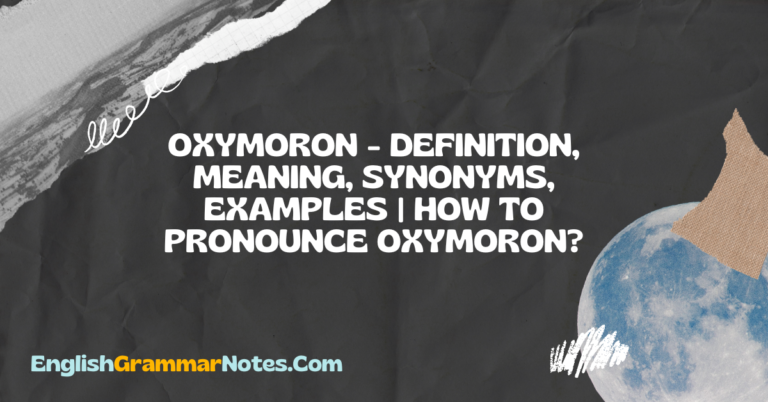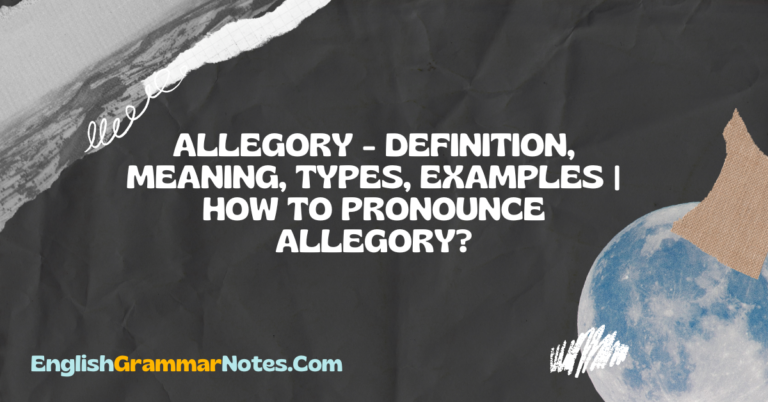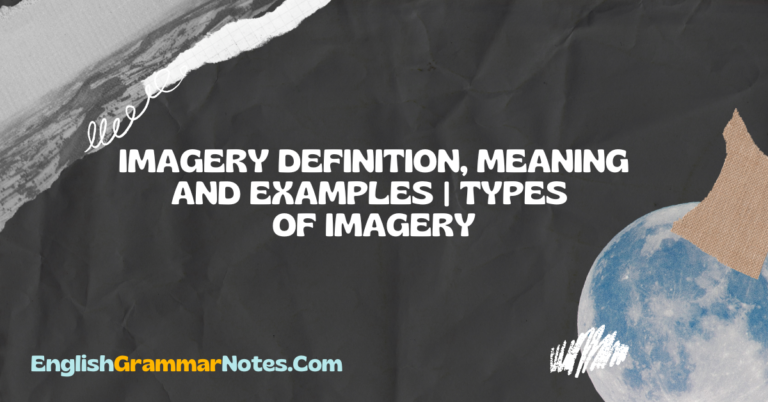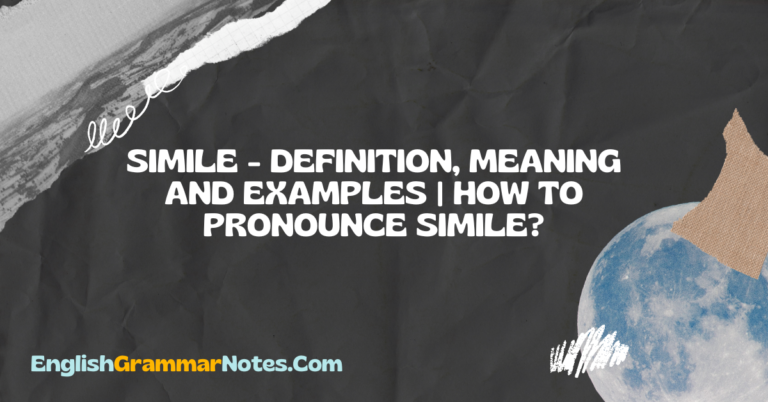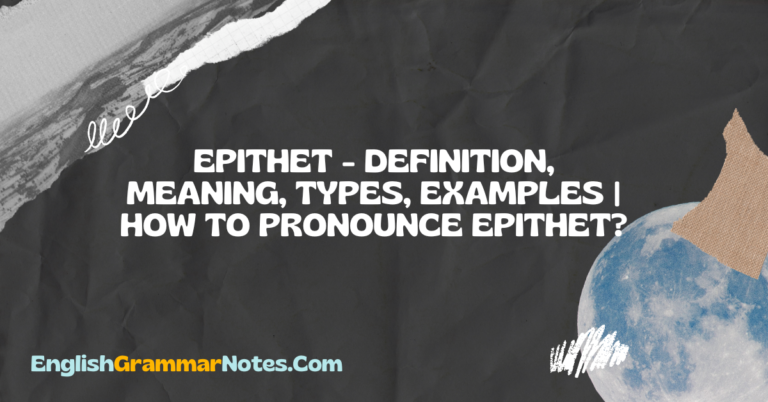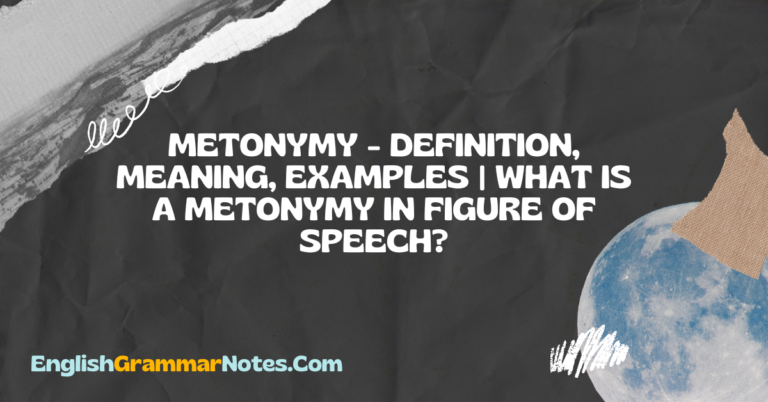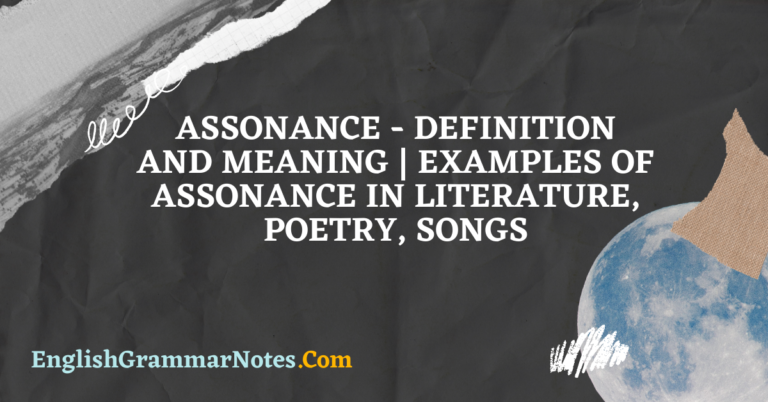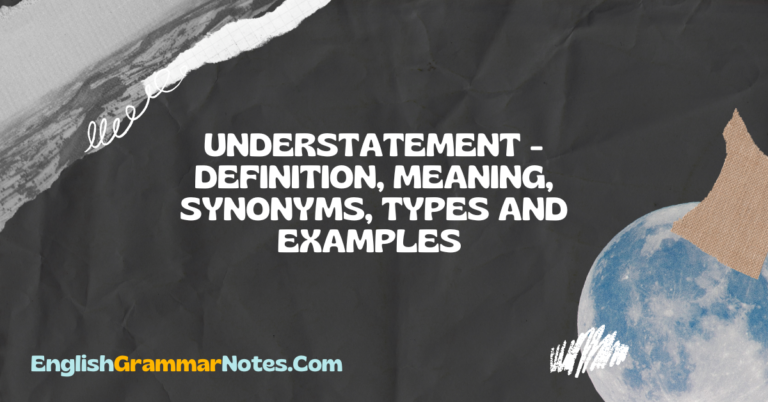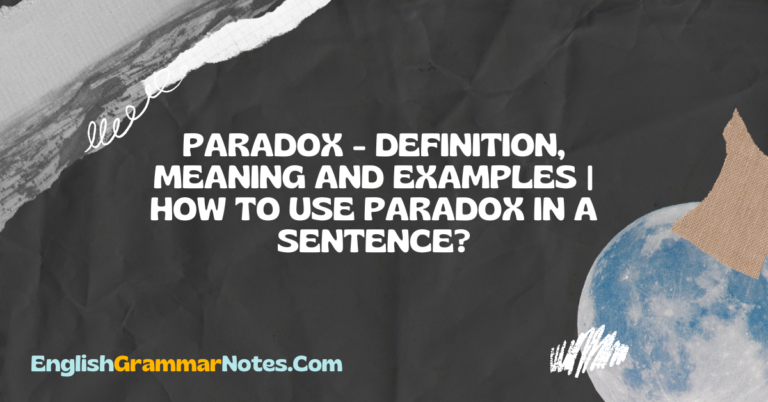Oxymoron – Definition, Meaning, Synonyms, Examples | How to Pronounce Oxymoron?
An oxymoron is a figure of speech used not just in literature, but in everyday interactions as well. The word oxymoron has its root in the Greek words oxus and mōros, which implies a mix of “sharp and keen” and “dull and dumb.” In this article, we have put together all the essential information about oxymorons including their definition, common examples, their significance, etc. What is Oxymoron and Give Examples? Oxymoron Examples for Kids Oxymorons with Adjective Noun Combinations Oxymorons Containing Adverb+ Adjective/ Adverb Famous Oxymoron Examples Oxymoron Examples Sentences Oxymoron Vs Paradox Oxymoron Vs Juxtaposition Significance of Oxymoron What is an oxymoron? Give some examples of Oxymoron? Distinguish between an oxymoron and paradox? What are the benefits of using oxymorons? What is Oxymoron and Give Examples? An oxymoron is a figure of speech that pairs two opposite words together. Such combinations of opposite words are also known as contradictions. For example: take the phrase “organized mess”. Here both the words are contradictory to each other, that is something that is organized cannot be a mess. As a literary device, the oxymoron has the function of increasing the effect, enhancing the meaning, and entertaining the reader. Oxymoron Examples for Kids …
